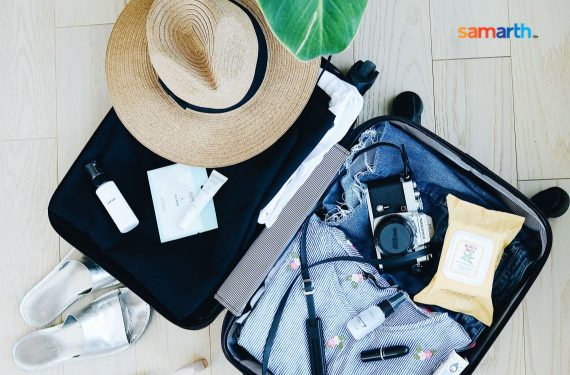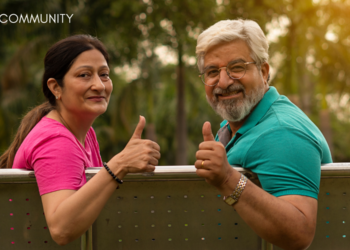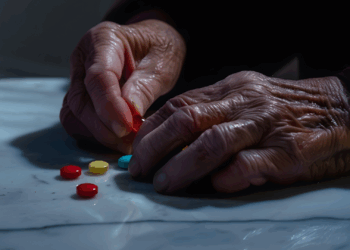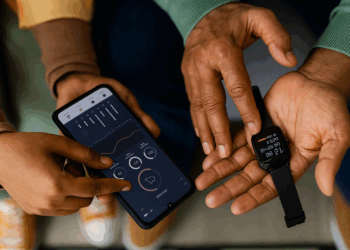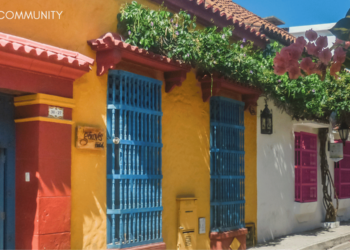The third Covid-19 wave hasn’t bogged down our health infrastructure as it has a considerably lesser hospitalisation rate. Also, the mortality rates are much lesser when compared to the previous two waves. With vulnerable seniors getting booster doses, it is now a given that life can go on in the new normal. Hence, seniors will step out, make travel plans, attend a few small get-togethers, or even catch a movie in the theatre. As we resume normal life, a few tips can come in handy.
Emergency contacts
Every time you step out, please make sure that you carry emergency contact numbers with you. These could be phone numbers of near and dear ones marked as ICE (In case of emergency) in your phone contact list. You could also write these down in a pocket diary and carry them with you. This would help bystanders make the necessary calls to alert your family in emergencies. This is especially useful if you are in a different city you have travelled to for some reason.

Join Now >
It is also a good idea to store your regular doctor or hospital number with any emergency contact number for ambulance, etc. It will make it easier for people to reach out to concerned officials if you face an emergency in the same city.
Medication list
While travelling out of your city, it is a must to carry your prescriptions just so that they are handy in case of emergencies. It can be mentioned in the pocket diary also. You could also choose to keep photos of the same in your smartphone or upload them to your mail or Google Drive if you are tech-savvy. That helps you access it wherever you are.
It is also good to carry some general medicines like paracetamol, diarrhoea, loose motion tablets, pain-relief balm etc. A doctor consultation before a journey is good as they could prescribe you an emergency medication list that can be carried along. This is a must for long-duration travel. If you are covered under medical insurance, kindly keep these details also handy.
General travel tips
Depending on the mode of travel, kindly check out and follow the latest Covid guidelines to ensure that you don’t get into a hassle. It could include web check-ins, reaching the airport early, or carrying your bedding on the train. Also, please ensure that you carry enough medicines to last at least fifteen days whenever you travel.
Even if your travel duration is short, this is a backup to tide through any emergencies like curfew or lockdown situations at the destination. It could also help in the extreme adverse event of getting infected with Covid after travelling and needing to be quarantined. Carry enough clothes suitable for the weather, and make sure to pack comfortable shoes/slippers.
Carry an extra pair of glasses and batteries for your medical equipment like a blood pressure meter, etc. This is something that most people miss out on and can help avoid panic. Pack your phone chargers and carry a fully-charged power bank to tide over any contingencies. Carry enough cash and a pocket flashlight as well. House keys should be stored safely within your hand baggage, and a backup should be made available with trusted people. Inform only your trusted ones about your travel. Check in with them daily at a scheduled time to ensure that they can keep track of your safety. Inform them about your complete itinerary, like where you are staying, who is taking you around, etc.
Covid-specific tips
By now, sanitiser and disinfectant wipes are part of our regular outside-house sojourns anyway. Carry RTPCR or vaccination certificates to be produced at boarding points or destination, as required. Most cities are making it compulsory to have vaccination certificates for malls, theatres, etc. This should be carried along or stored in your smartphone. Carry some food items to cover at least one or two meals as it’s safer and smarter this way.
Follow all covid guidelines to the extent possible, like wearing an N-95 mask and maintaining social distance. Remove the masks only while eating or posing for a photograph if attending any get-togethers. Maintaining covid protocols during in-house get-togethers can prevent infections greatly.
Destination Safety
Especially when travelling outside your city, kindly make proper inquiries about the destination safety. This is more so if you are not staying with someone known and are staying at hotels/resorts etc. Some checks are things like easy approachability, mobility aids within the premises or a senior-friendly environment, food preferences, hospital availability and emergency handling, etc. Things like approach, lifts, grab bars in bathrooms, room service, or food choices can become an irritant if not confirmed beforehand. It is better to book with reputed brands to ensure safety. Best to be safe than be sorry, even if you spend a little more. This is especially so because of the prevailing Covid uncertainty.



